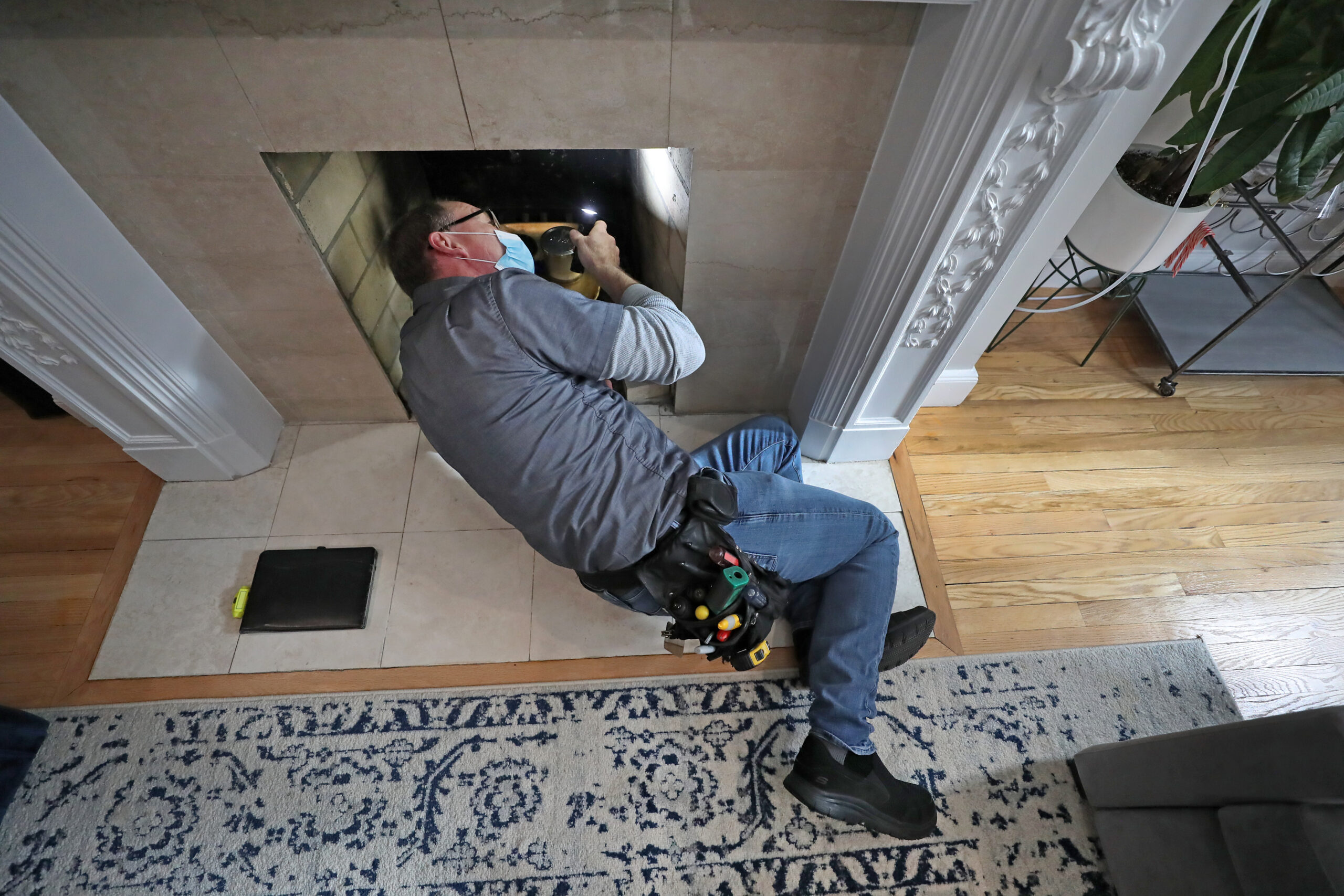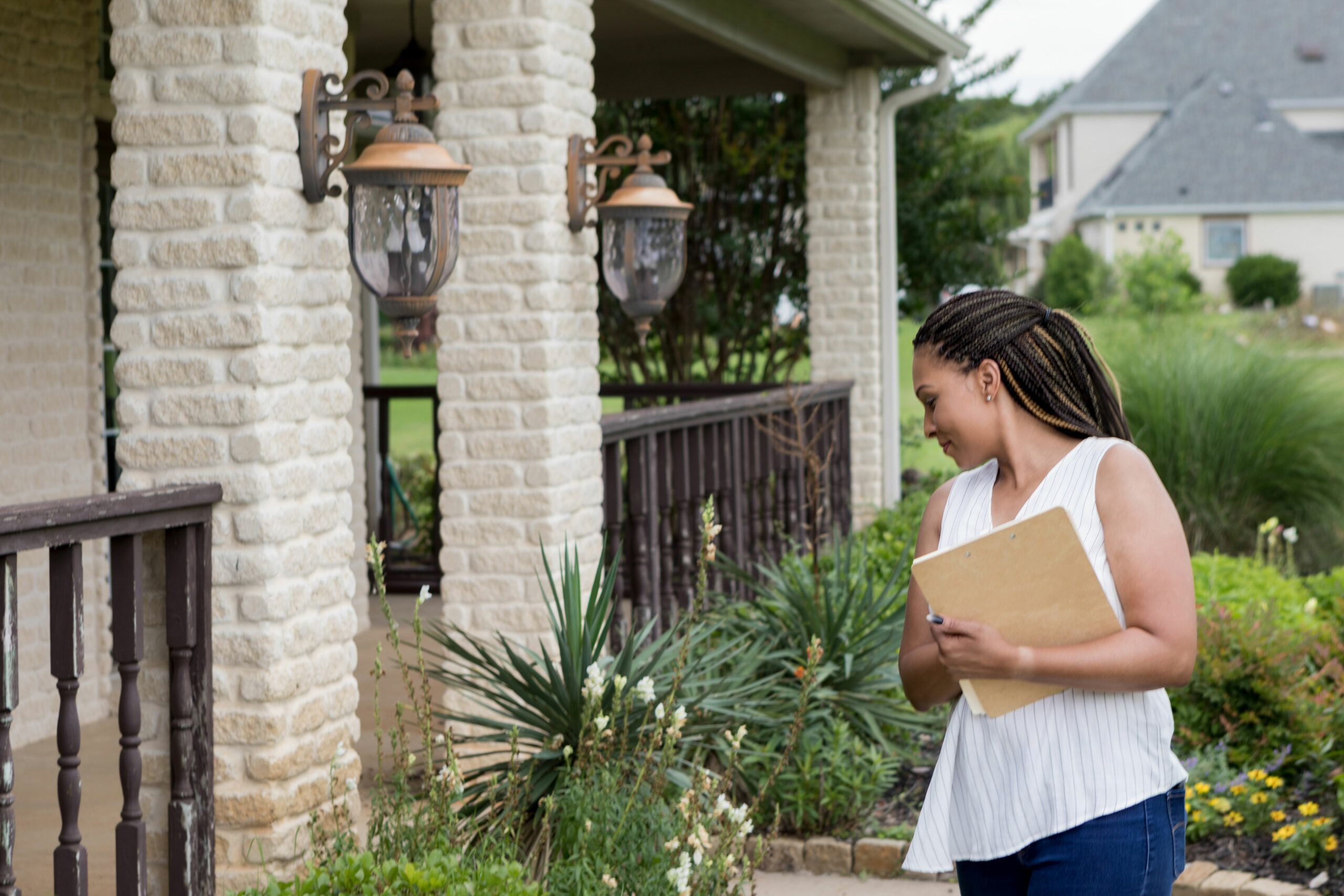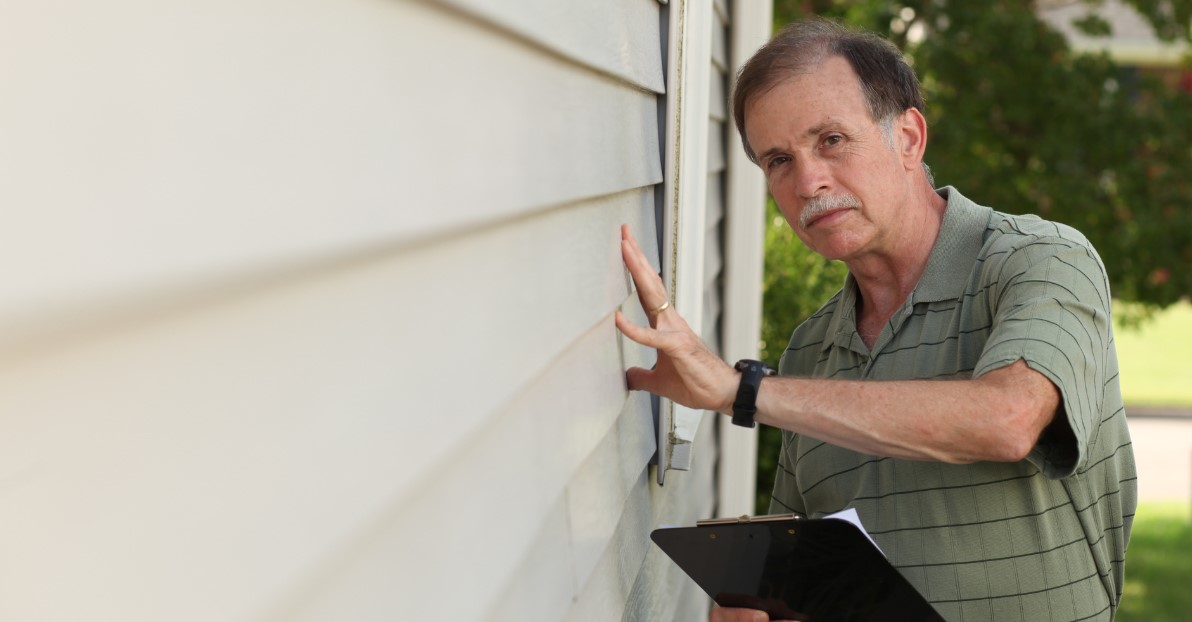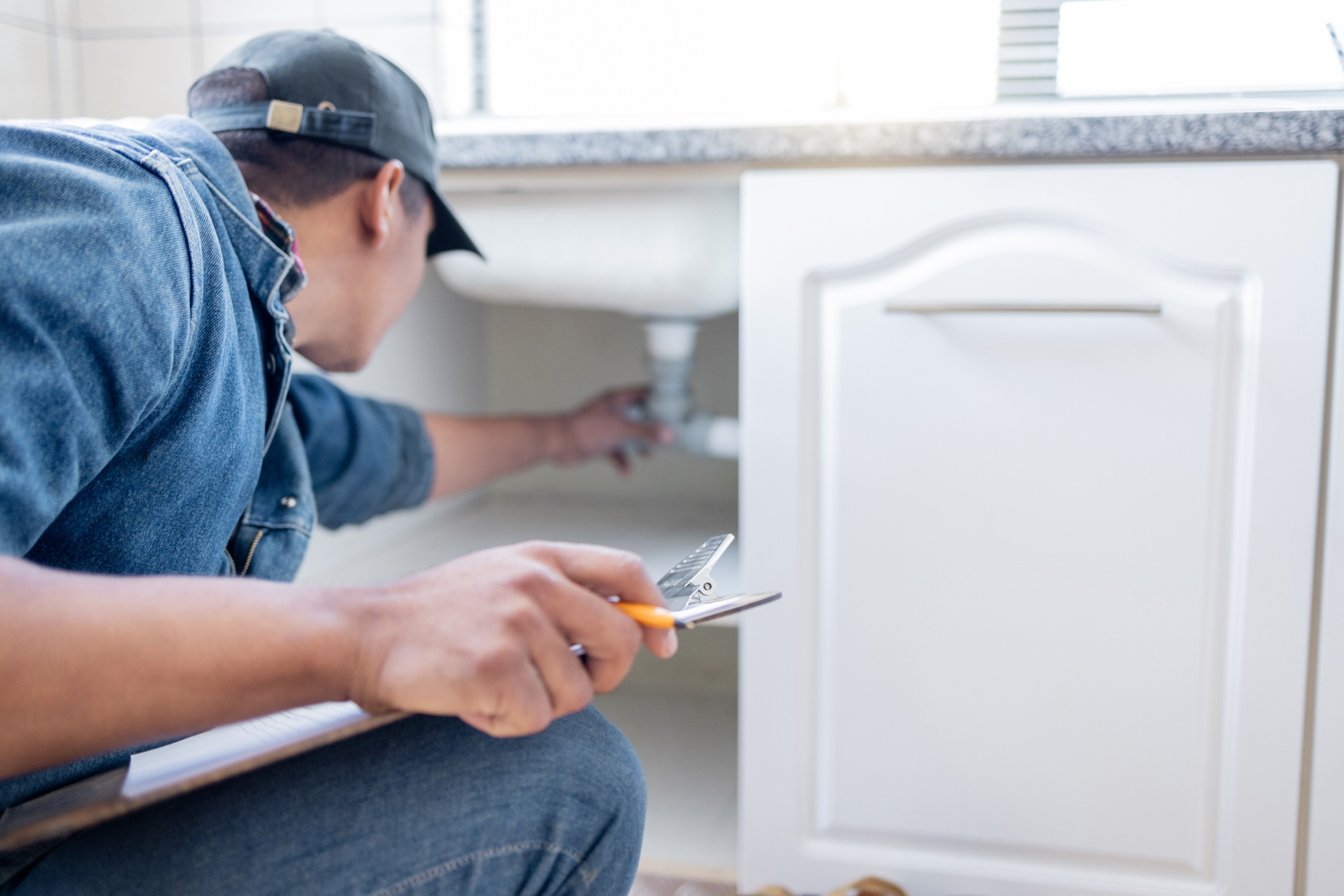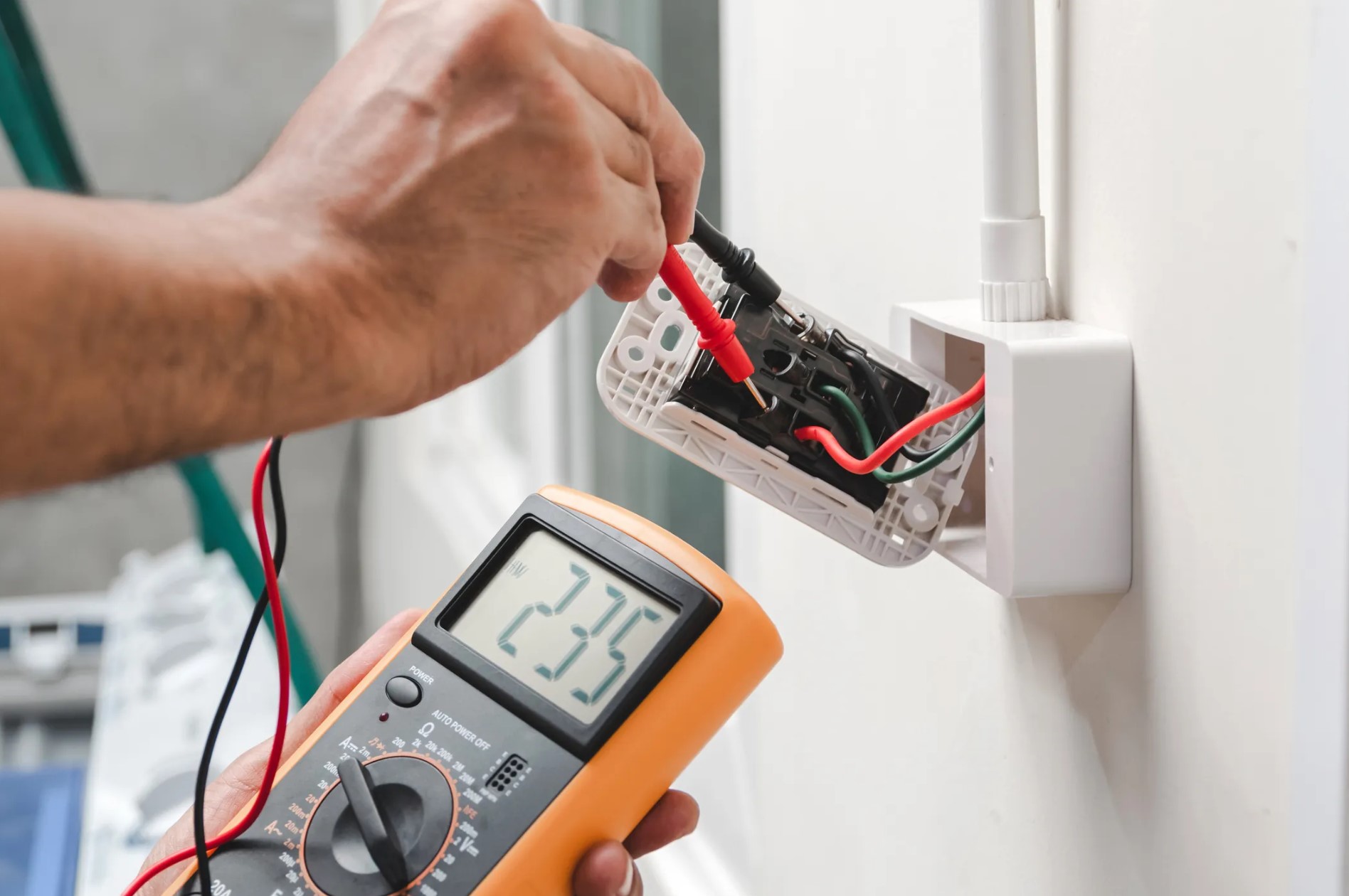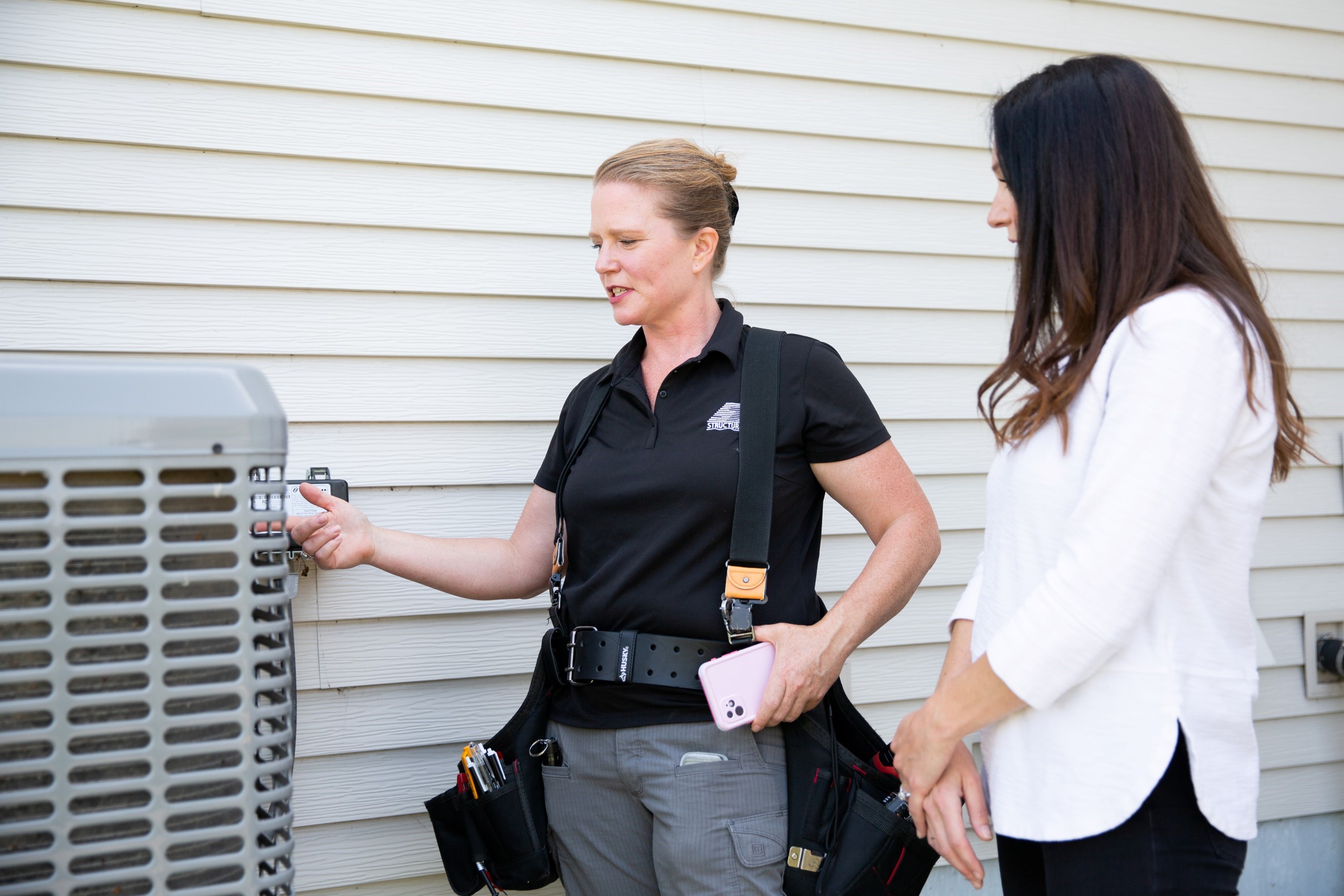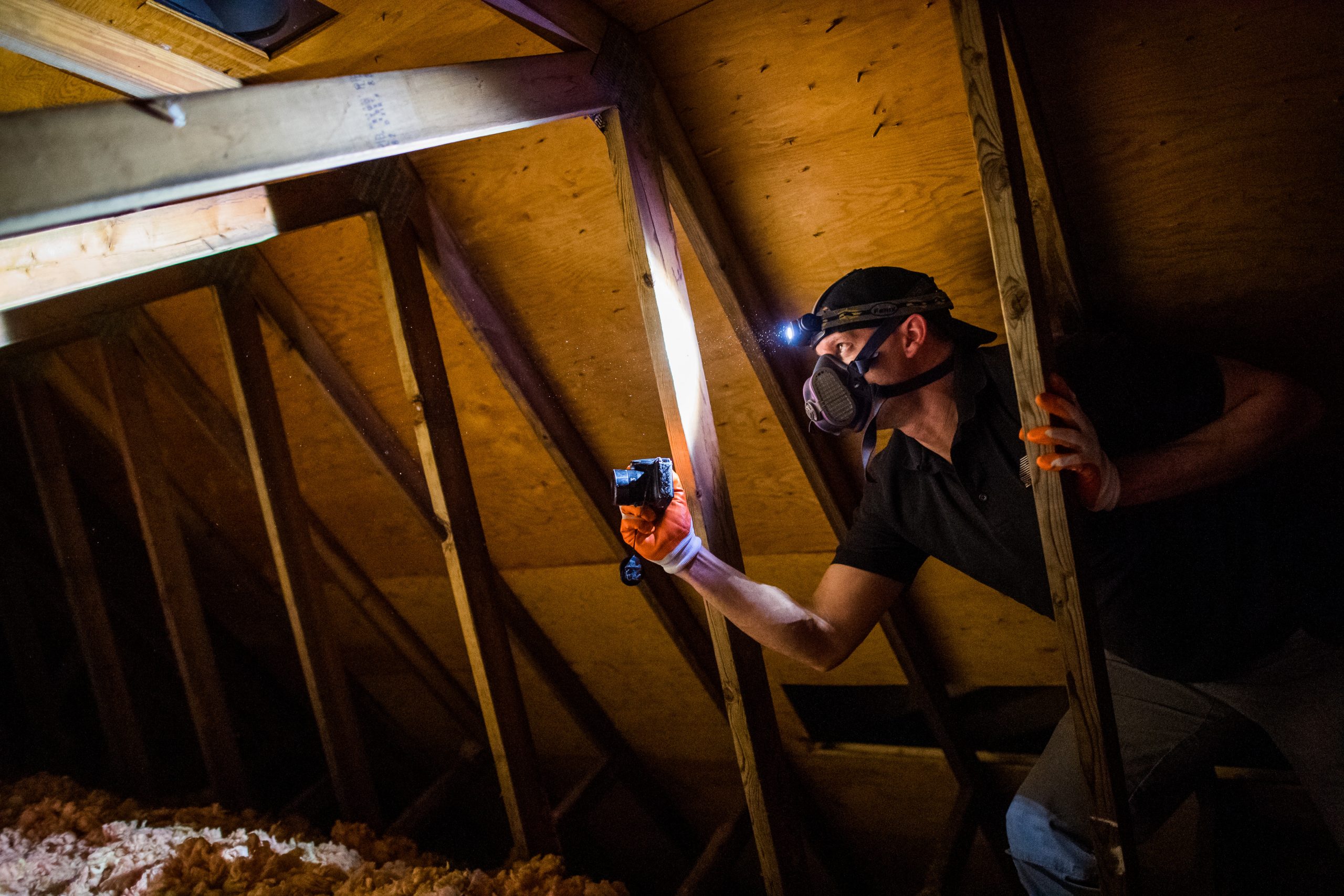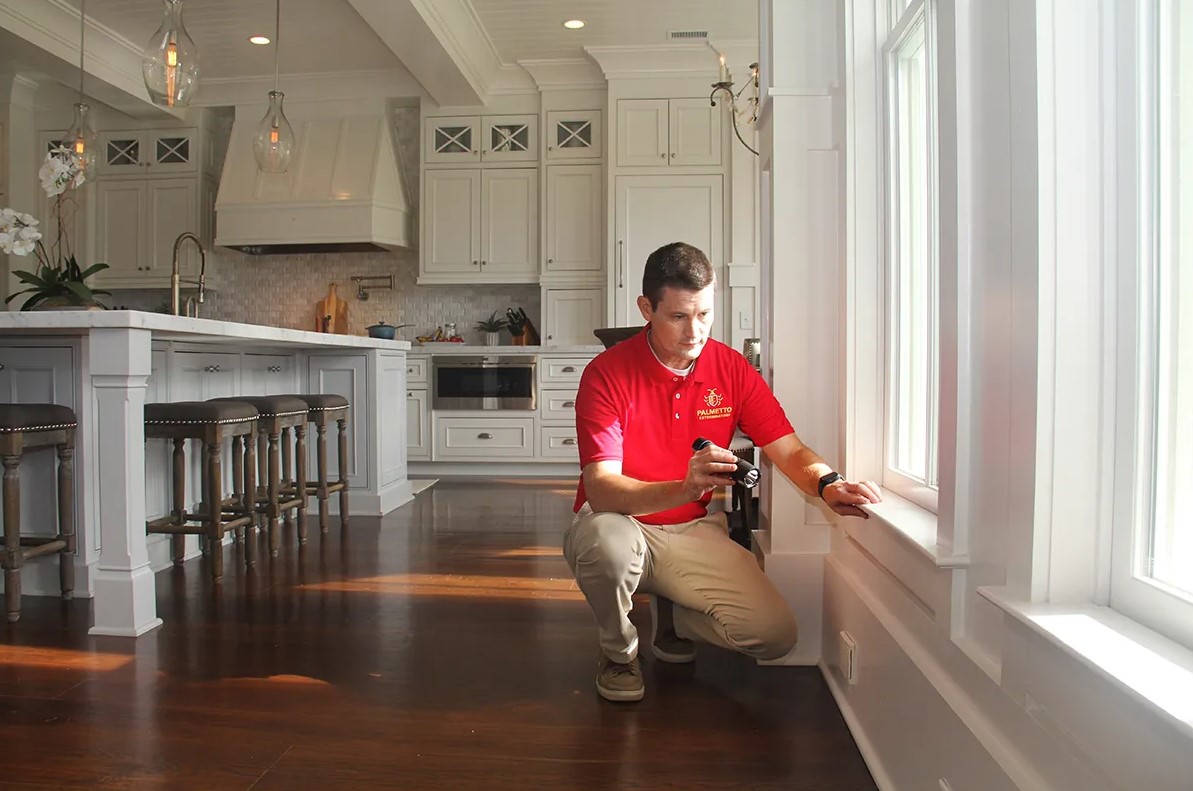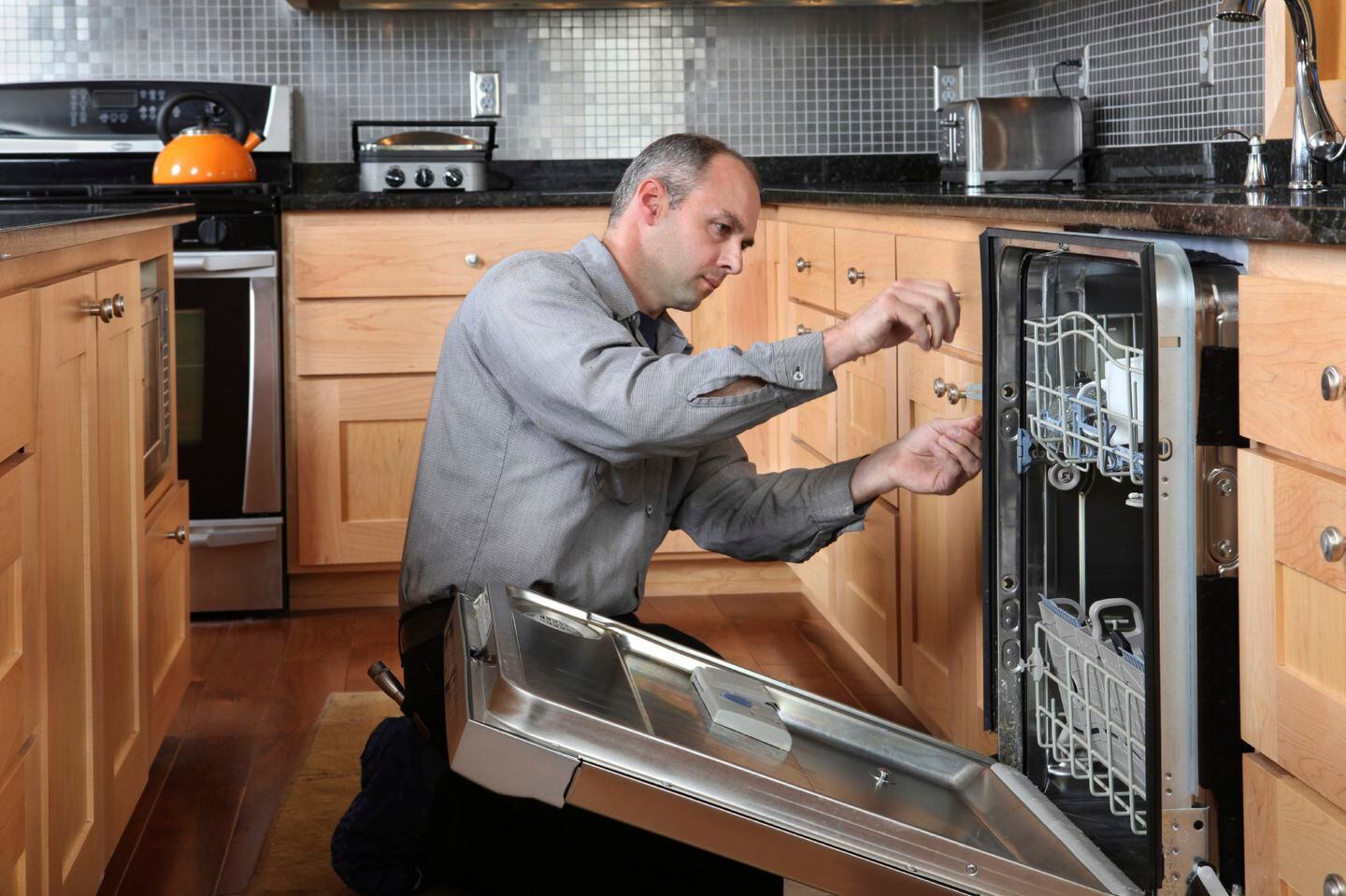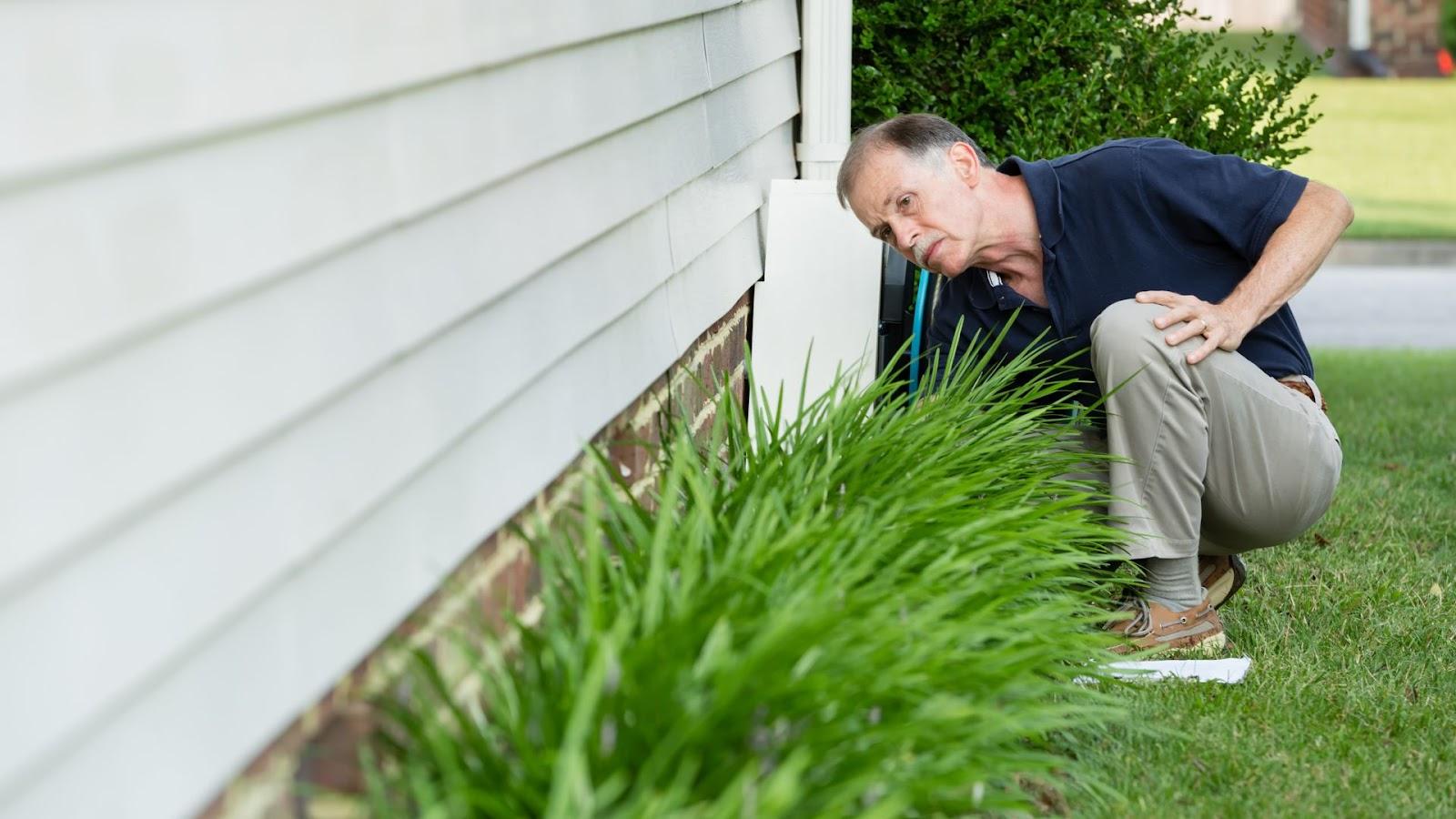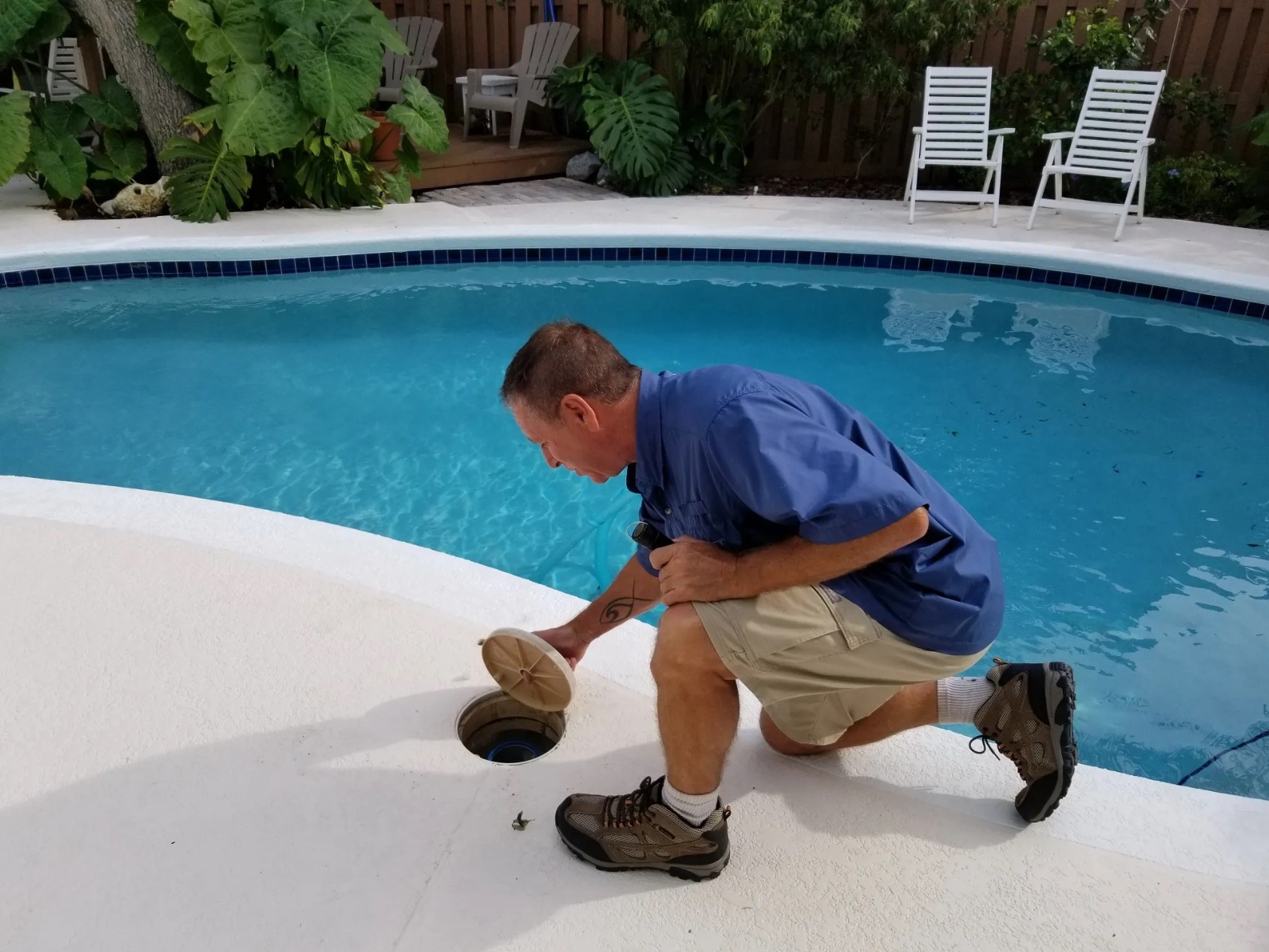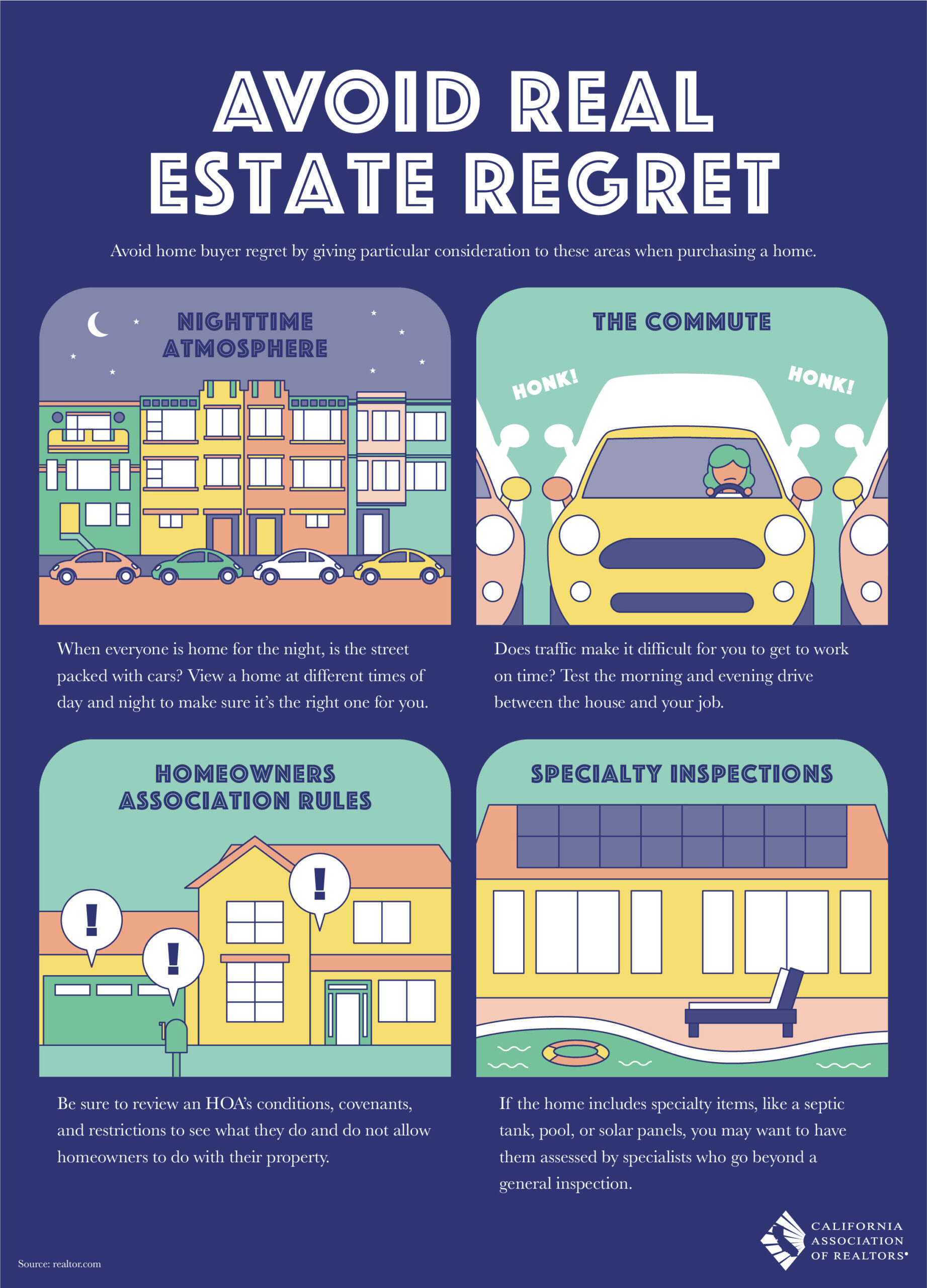• Inspection Insights •
A home inspection isn’t just some annoying hurdle to clear, it’s your shot to figure out if your next home is secretly a disaster waiting to happen.
Before you start planning your Pinterest-worthy kitchen reno, you need to know what you’re actually signing up for. That’s where a home inspection comes in. It’s your chance to make sure the house is in good shape and really understand the property condition so you can confidently close the deal.
Buying a home is exciting, but it comes with a lot of responsibility — like making sure the house you’re purchasing is in good condition or knowing that it’s not before you buy. So, grab your clipboard and let’s talk about what to check during a home inspection, so you can feel confident about your investment.
⚠️ Disclaimer: These are some tips to help you navigate the home inspection process. This info doesn’t guarantee or imply that any property is 100% free of defects or condition problems. Consult with your choice of licensed & bonded home inspection company, make your own informed decisions, yada yada.
1. The Roof
A damaged roof can lead to very expensive repairs down the road, so this one is a biggie. The inspector will check for missing shingles, extra layered shingles, signs of leaks, pest infestations, or weather damage Ask about the roof’s age and whether it might need replacing soon.
2. Foundation & Structure
Cracks or uneven floors can indicate foundation issues, which can be costly to repair. Check for doors or windows that don’t close properly, cracks in the walls, or noticeable sloping floors. These could all be red flags depending on severity.
3. Plumbing Systems
Plumbing problems can range from small leaks to major water damage. Check for signs of water stains on ceilings or walls, musty odors — which could mean mold — and slow drainage. Your inspector will also check the water pressure and condition of pipes, which is especially important in antique homes.
4. Electrical Systems
Faulty wiring is not only an inconvenience, but it’s also a safety hazard. The inspector will test outlets & switches and check for exposed wiring or outdated electrical panels. If the home doesn’t meet modern electrical standards, you may need to budget for an upgrade.
5. Heating & Cooling Systems
Heating and cooling are key for efficient climate-controlled comfort indoors. Your home inspector will check the heating, air conditioning, and ventilation systems to ensure they work efficiently. Ask about the age of each system, as older ones could need replacing soon depending on their estimated life span.
6. Windows & Doors
Windows and doors should open & close smoothly and seal properly. Drafty windows or doors that don’t close right can affect your energy bills. Also, double-check for any cracks in the glass panes or damage to the window frames.
7. Attic & Basement
The attic and basement often hold clues to a home’s condition, when present. In the attic, check for proper insulation and signs of leaks. In the basement or crawl space, check for signs of water damage, such as stains or a damp smell. Mold in either area can be a sign of poor ventilation or past flooding.
8. Pests & Vermin
Your inspector will check for signs of pests like termites, rodents, or carpenter ants. Damage from these critters can lead to structural issues and costly extermination fees. If there are signs of pest infestation, it’s better to know before you buy.
9. Included Appliances
If appliances like the stove, dishwasher, or washer and dryer convey with the house, check to make sure they each work properly. Ask about their age and condition to know if you might need to replace them soon.
10. Exterior Features
Don’t forget to check the outside. Pay attention to the siding, gutters, garden beds, and downspouts plus any pool, spa, decks or patios. Cracked siding or peeling paint could indicate moisture problems, while damaged gutters can lead to drainage issues.
The Bottom Line: Inspect Upfront
A home inspection can uncover potential issues before you sign on the dotted line.
While it may feel overwhelming, knowing what to check out and understanding the condition of the property helps you make a smart investment. Above all, ask your inspector as many questions as you need to make sense of everything. This is your chance to get all the details and avoid costly surprises down the road.
Remember, no home is perfect, but catching potential issues early gives you the power to negotiate repairs or budget for future fixes. The more you know, the better prepared you’ll be to make a smart, informed decision that you feel great about.
Sources:
https://www.nar.realtor/home-inspections
https://www.rocketmortgage.com/learn/home-inspection-checklist
https://www.bankrate.com/real-estate/home-inspection-checklist/
https://www.buzzfeed.com/meganeliscomb/homeowners-unexpected-problems
https://www.thisoldhouse.com/inspections/23466686/how-to-prepare-for-a-home-inspection

